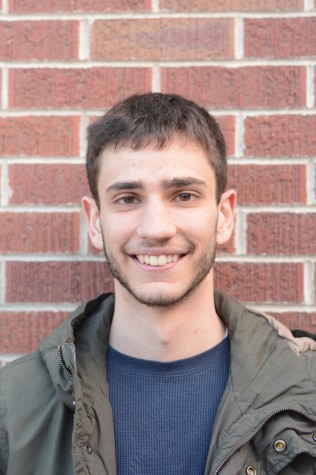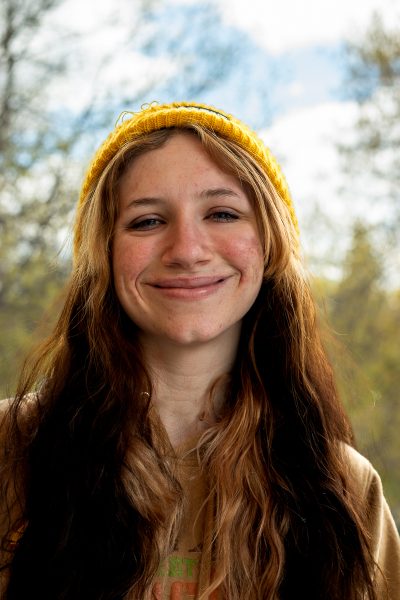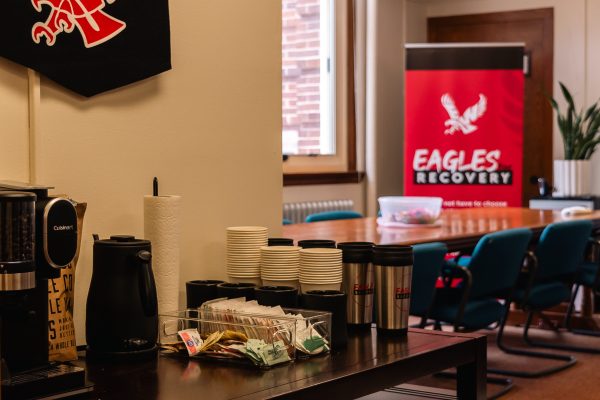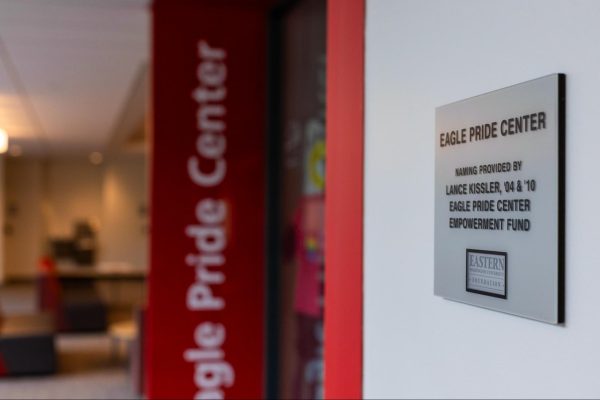Aleks math program contributed to increase in student success rates

November 4, 2013
Aleks, the web-based learning program implemented for Math 103 and as an option for Math 104 last year, appears to have contributed to an increased student success rate.
“I think we’re offering something great for students here,” said developmental Aleks lab services manager, Anthony Baraconi.
Aleks, which stands for Assessment and LEarning in Knowledge Spaces, determines what a student knows and what a student needs to work on using adaptive questioning, and bases its instruction and assessments on this information, according to the Aleks website. The course is graded on a pass or fail system.
The university used the program to replace graduate students who previously taught the courses.
“When we lost our graduate program, we lost the people who taught 103 and 104 and we thought while we were at it, let’s see if we can do something better,” Baraconi said.
According to Baraconi, the students now receive more individualized instruction, with each person getting their own custom course.
Tina Pitsnogle, a criminal justice and addiction studies double major, has benefited from Aleks.
“It’s basically like a one-on-one situation, and when I don’t understand something, the computer comes back with multiple problems and explanations and shows me how to work through them step-by-step,” she said. “It’s a lot different than a teacher who has 40 kids asking them questions they can’t get to.”
If a student is still having problems, there is help available for them.
“There’s resources everywhere for these students,” said Mike Souza, a tutor for students in the Aleks program. “Sometimes, the program can be a little odd, but that’s why we’re here.”
Souza said he believes the pacing of the program may prepare students better for future classes. “It makes them really think about what’s going on,” he said. This helps students retain information so they can use it for more advanced courses.
Early data supports this notion. According to Baraconi, students coming from Aleks in Math 103 had a higher passing rate in Math 104 than non-Aleks students. However, the department has not had the chance to look into how Aleks has affected the success in higher-level courses.
Even though students may theoretically finish the Aleks program before the 10-week period of the Math 103 or 104 course, there is no reason to think the class is easier.
“We’re actually requiring more work of the student than we used to,” Baraconi said.
Baraconi points to the lack of communication with teachers as one possible flaw in the Aleks program, since students are learning from a computer instead of a person. But he says students are still able to ask the teachers about any problems they may encounter.
“We still want you to to be able to communicate in mathematics. And I think that’s the biggest flaw with Aleks is they don’t communicate,” Baraconi said.
The university does not plan on expanding Aleks into other courses at this point.
But so far, the change to Aleks in Math 103 and 104 has proved to be beneficial to students.
“We saw a completion rate of 73 percent last year. From what I understand, that’s better than national average. So we’re happy,” Baraconi said.






![Simmons said the biggest reasons for her success this year were “God, hard work, and trusting [her] coach and what she has planned.”](https://theeasterner.org/wp-content/uploads/2024/05/image1-1-1200x800.jpg)









